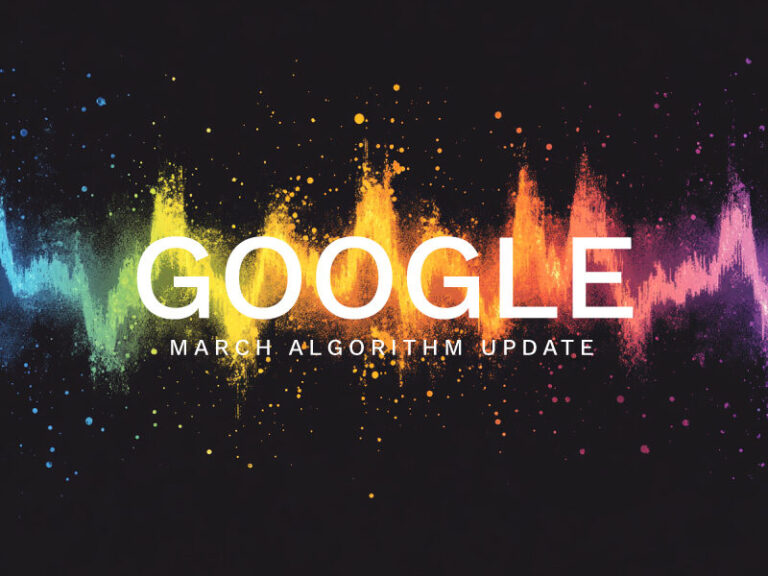Would it be easy for someone to pick the right candidate according to your preference without any biases and shortlist for you?
AI-assisted applicant screening offers a powerful solution, streamlining the process and helping you identify top talent faster.
Here’s how you can leverage this technology to improve your business process in hiring people.
Understanding AI-Assisted Screening
AI-powered applicant screening tools use machine learning algorithms to analyze resumes, cover letters, and other application materials.
These algorithms are trained on vast resumes and job description datasets, allowing them to.
Extract Key Information: AI can automatically extract skills, experience, and qualifications mentioned in the application documents.
Match Qualifications: By comparing extracted information to your job description, AI can rank candidates based on their fit for the role.
Reduce Bias: AI can mitigate unconscious bias that can creep into human screening processes.
Benefits of AI-Assisted Screening
There are numerous advantages to incorporating AI into your applicant screening process:
Increased Efficiency: AI automates initial screening, freeing recruiters’ time to focus on qualified candidates.
Improved Accuracy: AI can objectively analyze large volumes of data, leading to more consistent and unbiased evaluations.
Reduced Costs: Faster hiring cycles and a smaller pool of qualified candidates to interview can lead to significant cost savings.
Enhanced Candidate Experience: You can improve your employer brand by providing quicker feedback to applicants.
Streamlined Skill Extraction
AI technology can swiftly parse through thousands of resumes, identifying essential skills and qualifications.
This automated process eliminates manual resume screening, saving recruiters significant time and effort.
Precise Skill Matching
By leveraging advanced algorithms, AI can accurately match the extracted skills with those listed on job requisitions.
This ensures that only the most suitable candidates are shortlisted, reducing the likelihood of mismatches and enhancing the quality of hires.
Enhanced Candidate Insights
AI can go beyond keyword matching to infer skills based on context and experience.
Even if a candidate doesn’t explicitly list a skill, the AI can identify it through relevant job experiences and accomplishments.
As a result, recruiters gain deeper insights into each candidate’s capabilities.
Improved Hiring Efficiency
With AI handling the initial screening process, recruiters can focus on more strategic hiring aspects, such as interviews and candidate engagement.
This speeds up the hiring process and allows recruiters to make more informed decisions, ultimately leading to better hires.
Reduced Bias in Hiring
AI-assisted screening can help mitigate unconscious biases by evaluating candidates based on their skills and qualifications rather than subjective criteria.
This promotes a more diverse and inclusive hiring process, ensuring that the best candidates are selected based on merit.
Implementing AI-Assisted Screening
Here’s a step-by-step guide to implementing AI-assisted screening in your business.
Define Your Needs: Identify the types of roles you’ll be using AI screening for and the specific skills and experience you’re seeking.
Choose the Right Tool: Research different AI screening tools that cater to your industry and budget. Ensure the tool integrates with your existing Applicant Tracking System (ATS) for seamless workflow.
Train the AI: Provide the AI tool with your job descriptions and relevant data sets to train its algorithms for optimal performance.
Set Clear Parameters: Establish clear criteria for the AI to use when screening candidates. This could include minimum qualifications, keywords, or specific skills.
Maintain Human Oversight: While AI can automate some tasks, human judgment remains crucial. Use AI to shortlist candidates and conduct in-depth interviews to assess cultural fit and soft skills.
Addressing Potential Biases
While AI offers a more objective approach, it’s essential to be mindful of potential biases that can creep into the training data.
Here’s how to mitigate bias,
Diverse Training Data: Ensure the data used to train the AI tool reflects various candidates and backgrounds.
Regular Review: Monitor the AI’s performance and adjust screening parameters to ensure fairness.
Human Input: Incorporate human review throughout the process to identify and address potential bias in the AI’s selection.
Conclusion
AI-assisted applicant screening is a valuable tool for businesses to streamline recruitment and identify top talent.
Leveraging AI’s power while maintaining human oversight can help create a more efficient, unbiased, and successful hiring strategy.
Embracing this technology can revolutionize your recruitment process, making it faster, more accurate, and ultimately more effective.









